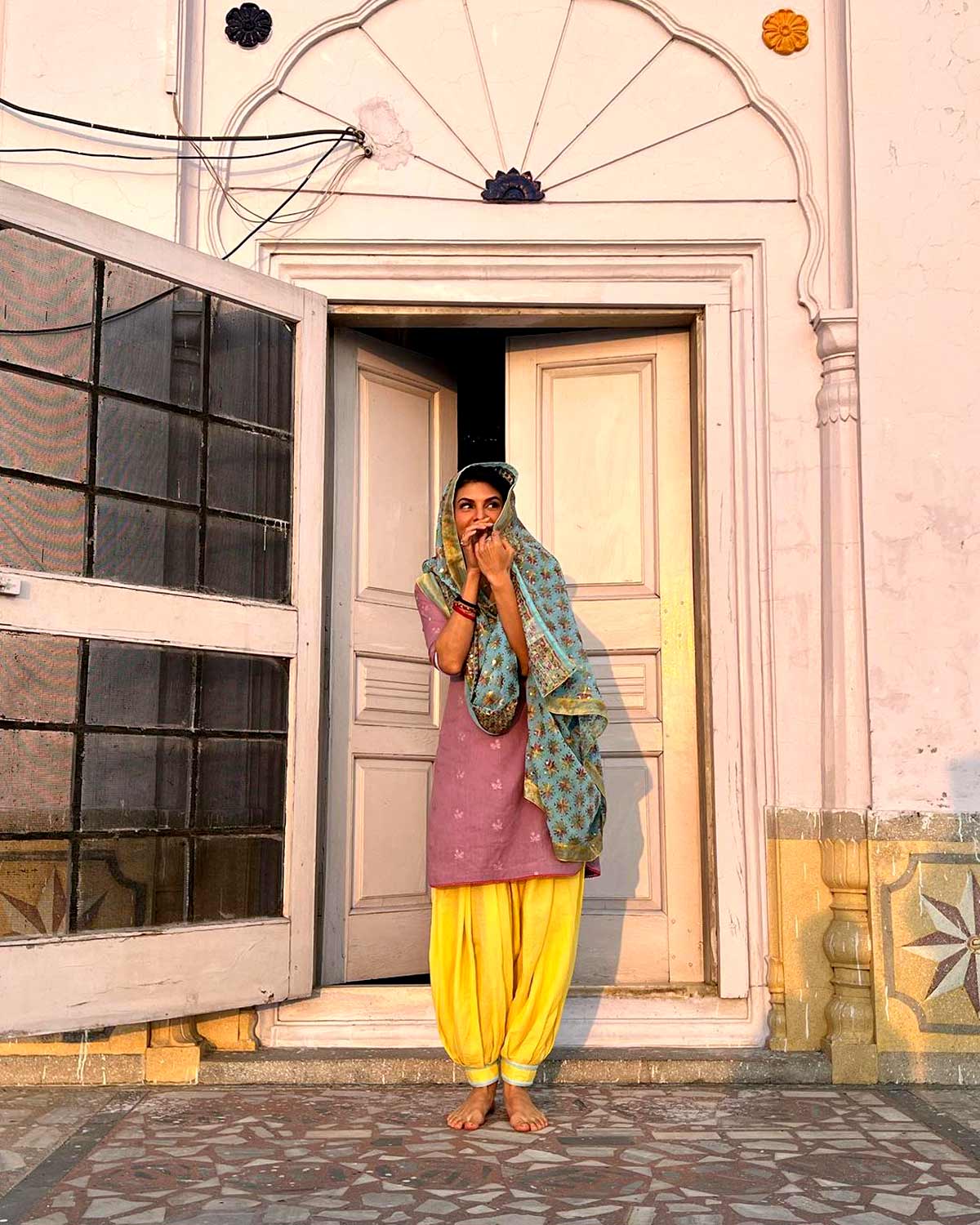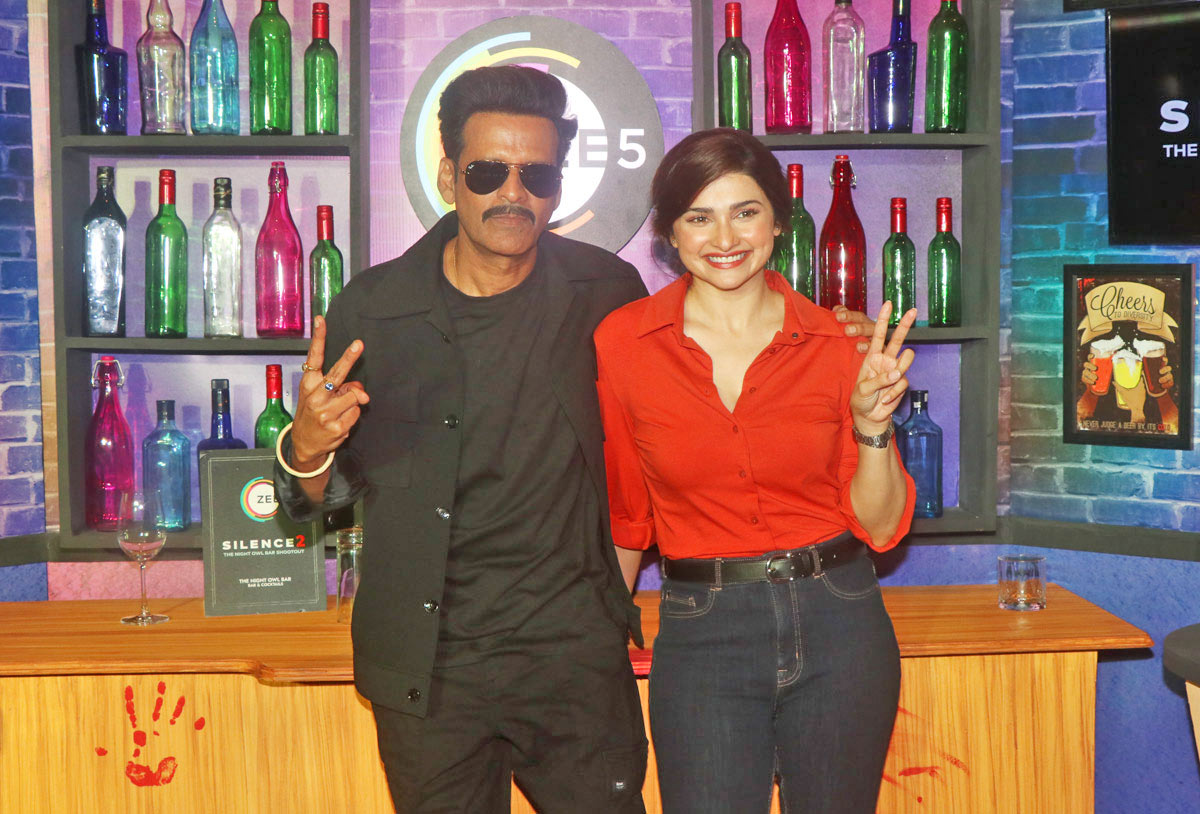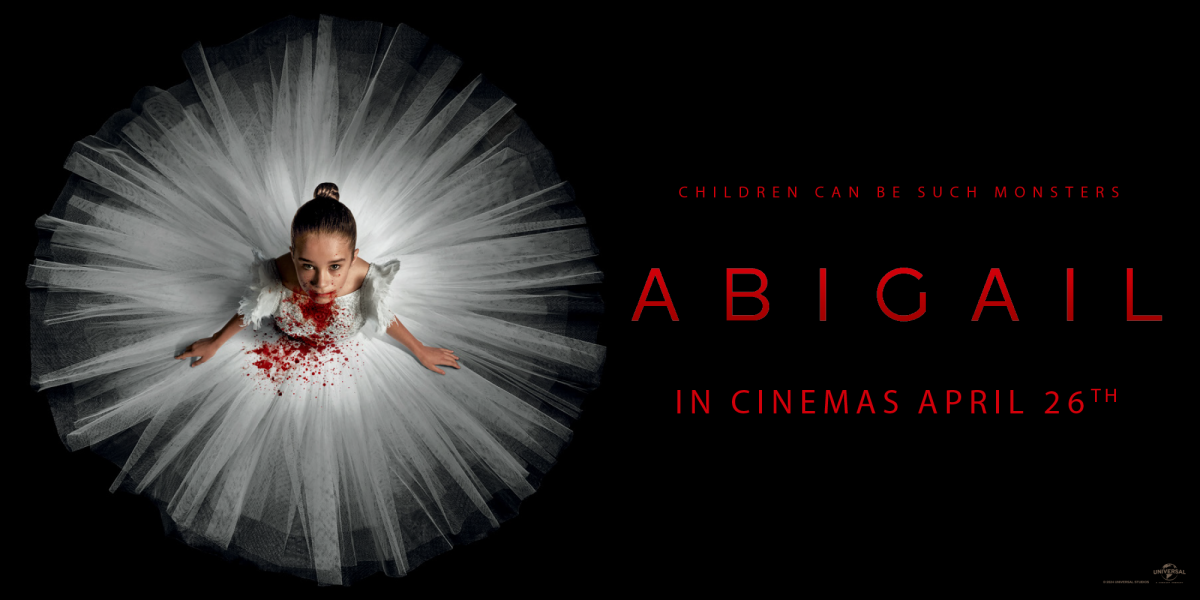Dangal [2016] actor Ritvik Sahore shows great promise in a leading role. Rajeshwari Sachdev is brilliant as the Bihari migrant Bibha.
Rating: ⭐️⭐️🌟 (2.5 / 5 )

By Mayur Lookhar
One India, two Indias. We are mentioning Vir Das’ popular/ controversial words for the umpteenth time. There, however, is no scope to brush aside the Das thinking in Mumbai. The city is an open book. It’s a place encompassing the many Mumbais within the city. There are dozens of slums staring the sky rises. The gulf between the haves and the have-nots is there for all to see. The land is not enough to accommodate the huge population. Riches, poverty, plush isolated habitats, buzzing streets, cramped public transport. Jeez, it wouldn’t be entirely wrong to equate the habitat with a zoo or a jungle. It is simply a survival of the fittest. Might is right holds true here. How the mighty has quietly changed the landscape of the city, pushing out many a slum to build the fancy commercial complexes, malls, or plush residential properties.
Writer-director Manish Tiwary subtly draws your attention to Mumbai’s zoo-like habitat via his film, apply titled Chidiakhana [2023]. Tiwary and his co-writers Padmaja Thakore, Sonal Sher, cleverly harp on the land grab in the city. They have weaved their message through a Lagaan-like story, There’s no cricket, but football here.
A local school ground in a slum in Ray Road, Mumbai is eyed by land sharks, who naturally are in cahoots with the greedy babus, polity. We don’t see the land shark. Tiwary’s film exposes the political-corporate nexus. The only way that the B.M.C run school can retain their playground is by beating Welhams- the best football school team in Mumbai.
Leading the slum boys is Sooraj [Ritvik Sahore], the Bihari migrant who recently moved in to the cramped chawl. He is initially guided by Pratap Talpade [Prashant Narayanan], who was once a top footballer for the same school. Pratap is dubbed a mawali by Sooraj’s mother Bibha [Rajeshwari Sachdev]. Besides, he is working for the very man Bhau [Govind Namdev], the local leader who wants to trade the school ground for a commercial plot.
Pratap is trustworthy but Sooraj’s biggest hurdle is the ‘chidiakhana’ within. The fatherless boy often hallucinates about seeing animals in people’s faces. As often in an underdog story, it’s a bunch of no-hopers that are assembled together. Sooraj and his Bihari mother Bibha’s early struggles trigger the insider-outsider conversation. That perhaps still persists among few citizens, but the regional pride ideology is no longer viable in the political discourse. Tiwary does well to not hammer the insider-outsider conflict. Sports is often a great leveler. He uses football to bridge the divide.
For young Sooraj [Ritvik Sahore], it’s largely one bully Babu [Jayesh Kardak] who gives him some pain. Sooraj, though, knows, that their team is incomplete without the haughty but gifted number 9.
The underdog tales are never about the result. But this is not quite about the journey either. After all, this is another David vs Goliath match. At stake is not just a humble school ground, but this story underlines issues of land grab, and the shrinking playgrounds in an overtly populated, concrete jungle like Mumbai. Manish Tiwary and his co-writers score goals both on and off the pitch.
Its simple plot is backed by a fairly engaging first half screenplay. Tiwary, though, loses the grip in the second half. There is no drop in intensity by his actors, but it’s the writer-director who drops the ball. Part of the problem is the backstory of Bibha. It is vital to build the tension between Bibha, Sooraj and Pratap, but it perhaps digresses from the sports subject and the core issue. Maybe, it is a tad over-the-top too. This film has taken five years to get a release date. Often there are challenges to humble films. Tiwary’s story is perhaps largely shot in and around the Mumbai slum. Certain scenes in the second half though appear to be shot with a Ray Road chroma. Did time, logistic constraints hamper team Chidiakhana?
Tiwary is blessed with an array of talent – both young and old. Young Ritvik Sahore was among the fine discovery in Aamir Khan’s Dangal [2016]. He played the young Omkar – cousin brother of the Phogat sisters. Most of us forgot about it, but that face seemed familiar. Sahore is blessed with an infectious smile, but he backs its up with the right intensity. Though just a boy, Sahore shines like a young leader in Chidiakhana [2023]. Sports transcends boundaries. It is true escapism. Watching Sooraj smile like a baby with the football at his feet, rekindled similar memories for this reviewer whenever he had a cricket bat/ball in his hand.
He likes football, but the director doesn’t quite explore that passion. What inspired this kid to play football? He was born and raised in the Red districts of Bihar, a state which isn’t known for football. The long five-year wait has robbed Sahore, and other young talents in this film, of the right moment to celebrate Chidiakhana. Imagine, if this film came a year or two after Dangal?
You don’t look for perfection in a such a story, but some of the goals in the practice game between the slum boys and the Welhams looked off-side to us. By the way. that score line read 11-1 in Welhams’ favour.
Sahore is joined by the likes of Jayesh Kardak, Avneet Kaur as the other promising talents on display here. Kaur doesn’t quite have the skin tone, but she sure aces the tone of Mili from the Ray Road chawl. She complements the reticent Sooraj. Another young talent, presumably from the North-East, helps to add to the insider-outsider divide yet his presence simultaneously celebrates Mumbai’s inclusivity.
Rajeshwari Sachdev and Prashant Narayanan stay true to their talent and experience. Sachdev is exemplary as the Bihari migrant lady. She has a fine grip on the accent, but it’s her body language that is a standout. Young Sooraj is going through the adolescent phase. Like any other migrant, Bibha has a battle to survive in a tough city like Mumbai. Being a single mother only adds to that challenge. She does that with a smile. Watching the mother sing a lullaby to her teen son is memorable.
Narayanan has been an enigma in his career. How this talent is still underutilized is something that only he can explain. He seems to have all the time in the world in his dialogue delivery. He looks intimidating in that straight face. Next second, he smiles and its like you’re watching a different person. An upset Pratap isn’t keen to have an equation with Sooraj after Bibha urged his son to stay away from the mawali (ruffian). Pratap shrugs off Sooraj, but the moment the latter kicks a ball to him, the former footballer in him comes alive. Seeing the duo dribble in the humble by lane, stairs is a treat for the sports enthusiasts. Kudos to the cinematographer too.
Bhojpuri icon and acclaimed Hindi cinema artiste Ravi Kishan gives a tour de force in a cameo. It is very odd though to have a Singh and Pandey in one name – Vikram Singh Pandey.
Chidiakhana is blessed with other creative talents too. Gully Boy composer Viveick Rajagopalan sure understands the sounds from the humble streets. Gully Boy was largely about Mumbai rap. In Chidiakhana, he brings a riveting Bihari-rap to the same city.
Chidiakhana doesn’t have big names. It has its flaws but one cannot fault Manish Tiwary’s intention. If you value noble thoughts, then Chidiakhana is worth taking a tour.



![Pranali Rathod, Harshad Chopda and Shreyansh dance on RRR song; AbhiRa fans finally have some solace [Watch]](https://st1.bollywoodlife.com/wp-content/uploads/2023/02/Yeh-Rishta-Kya-Kehlata-Hai-Nacho-NAcho-RRR-BTS-600x315.png)
![Hrithik Roshan begins shooting for the third schedule in Hyderabad sans Deepika Padukone [Exclusive]](https://st1.bollywoodlife.com/wp-content/uploads/2023/02/yami-21-600x315.png)








